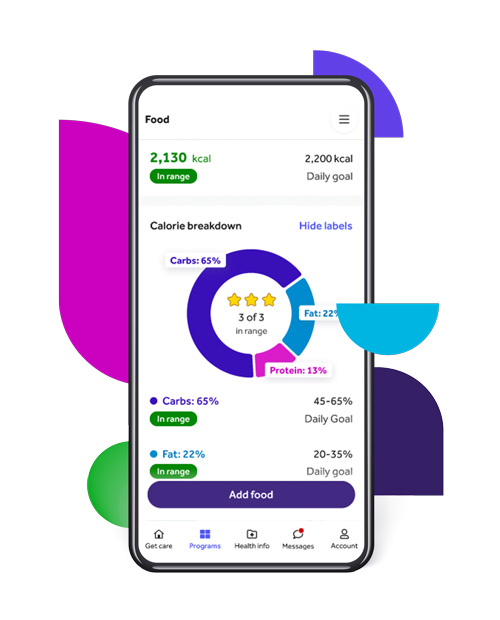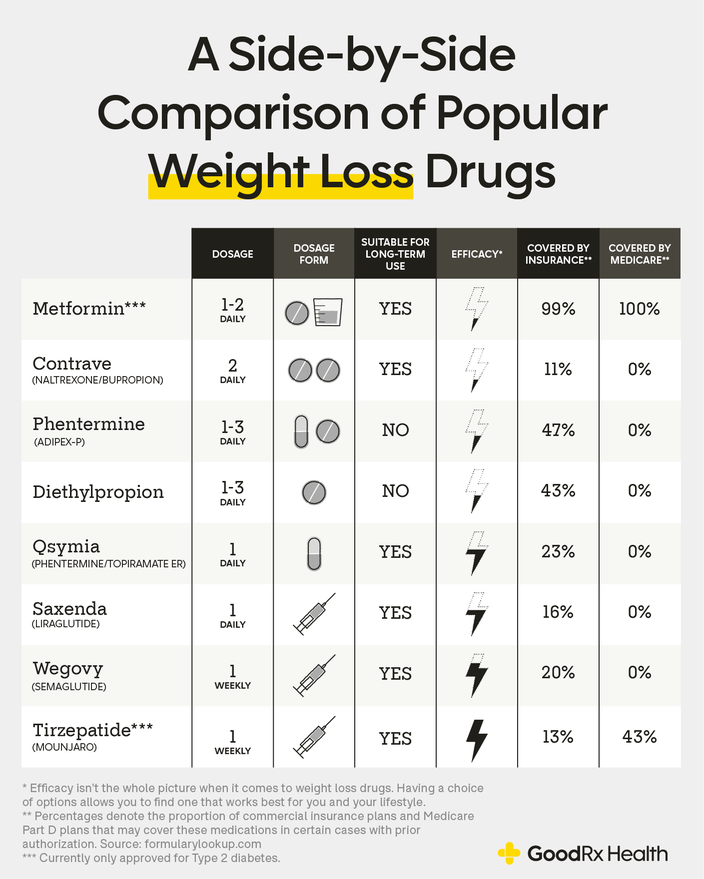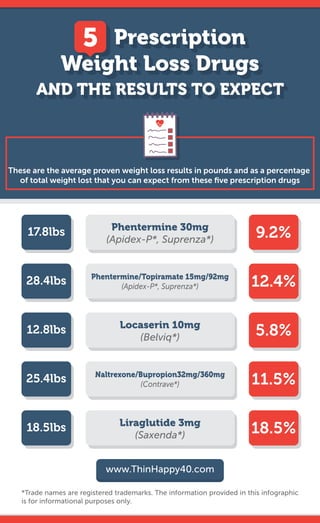Can Teladoc Prescribe Weight Loss Medication

The rise of telehealth has revolutionized healthcare access, but a key question remains: Can providers like Teladoc prescribe weight loss medications? The answer is complex and depends on various factors, including state regulations, individual patient circumstances, and the specific policies of the telehealth provider.
This article delves into the current landscape of Teladoc's ability to prescribe weight loss drugs, examining the criteria involved, the potential benefits and drawbacks, and the broader implications for obesity treatment in the digital age. Understanding these nuances is crucial for patients and healthcare professionals alike.
The Current Landscape: Teladoc and Weight Loss Prescriptions
Teladoc, as a leading telehealth provider, offers a range of services, including virtual consultations with doctors. Whether these consultations can lead to a prescription for weight loss medication hinges on several conditions. Teladoc providers generally adhere to evidence-based guidelines and state laws, which dictate prescribing practices.
Several states have specific regulations regarding telehealth prescriptions. These laws often mandate an initial in-person examination before a prescription can be issued, particularly for controlled substances or medications with potential risks.
Teladoc's own policies also play a significant role. The company’s protocols require a thorough assessment of the patient’s medical history, current health status, and lifestyle. Only if a Teladoc physician deems it appropriate based on these factors, and in accordance with applicable laws, will they prescribe weight loss medication.
Eligibility Criteria and the Prescription Process
To be considered for weight loss medication through Teladoc, patients typically need to meet certain criteria. These criteria usually align with guidelines from organizations like the American Medical Association (AMA) and the Obesity Society.
Patients are often required to have a Body Mass Index (BMI) of 30 or higher, or a BMI of 27 or higher with at least one weight-related health condition, such as type 2 diabetes, hypertension, or high cholesterol. The patient's overall health and potential risks associated with the medication are also carefully evaluated.
The prescription process typically involves a virtual consultation where the patient discusses their health history, weight loss goals, and any underlying medical conditions. The Teladoc physician may order lab tests to assess the patient's overall health and rule out any contraindications for the medication.
Potential Benefits and Drawbacks
The ability to obtain weight loss medication through telehealth platforms like Teladoc offers several potential benefits. Increased access to care is a primary advantage, especially for individuals in rural areas or those with limited mobility.
Virtual consultations can also save time and reduce the need for in-person appointments, making it more convenient for busy individuals to seek treatment. Telehealth may also lead to reduced healthcare costs compared to traditional in-person visits.
However, there are also potential drawbacks to consider. The lack of a physical examination can limit the physician's ability to fully assess the patient’s health and identify potential risks. Concerns about the quality of care and the potential for misdiagnosis or inappropriate prescribing have also been raised.
Medications Prescribed and Ongoing Monitoring
If deemed appropriate, Teladoc physicians may prescribe a range of FDA-approved weight loss medications. These medications can include options like Orlistat (brand name Alli or Xenical), Phentermine, and other newer medications designed to aid in weight management.
The specific medication prescribed will depend on the patient's individual needs, health status, and potential interactions with other medications they may be taking. Careful consideration is given to the medication's side effects and potential risks.
Ongoing monitoring is crucial for patients taking weight loss medication prescribed through Teladoc. Regular follow-up appointments are typically scheduled to assess the patient's progress, manage any side effects, and adjust the treatment plan as needed. Patients are also encouraged to adopt lifestyle changes, such as a healthy diet and regular exercise, to maximize the effectiveness of the medication.
The Impact on Obesity Treatment and Future Trends
The increasing availability of telehealth for weight loss treatment has the potential to significantly impact the fight against obesity. By increasing access to care and providing convenient treatment options, telehealth can help more individuals manage their weight and improve their overall health.
However, it's important to ensure that telehealth-based weight loss programs are evidence-based and adhere to high standards of care. This includes ensuring that physicians are properly trained and qualified, and that patients receive comprehensive support and monitoring.
Looking ahead, the integration of technology and personalized medicine may further enhance the effectiveness of telehealth for weight loss. Wearable devices, mobile apps, and data analytics can be used to track patient progress, provide tailored recommendations, and personalize treatment plans.
A Patient's Perspective
“I was hesitant at first to try Teladoc for weight loss, but my schedule made it difficult to see a doctor in person,” says Sarah Miller, a 45-year-old patient who used Teladoc for weight management. “The virtual consultation was thorough, and the doctor took the time to understand my health history and goals. The medication has helped me make progress, but the real key was the coaching I received on diet and exercise. I'm finally feeling healthier and more confident.”
This sentiment highlights both the convenience and potential effectiveness of telehealth weight loss programs when properly implemented.
Conclusion
Whether Teladoc can prescribe weight loss medication depends on a complex interplay of state regulations, company policies, and individual patient circumstances. While telehealth offers increased access and convenience, it's crucial to ensure that these programs adhere to high standards of care and provide comprehensive support for patients.
As telehealth continues to evolve, it has the potential to play a significant role in addressing the obesity epidemic and improving the health and well-being of individuals struggling with weight management. However, responsible implementation, rigorous oversight, and a focus on patient safety are essential to maximize the benefits and minimize the risks.


















